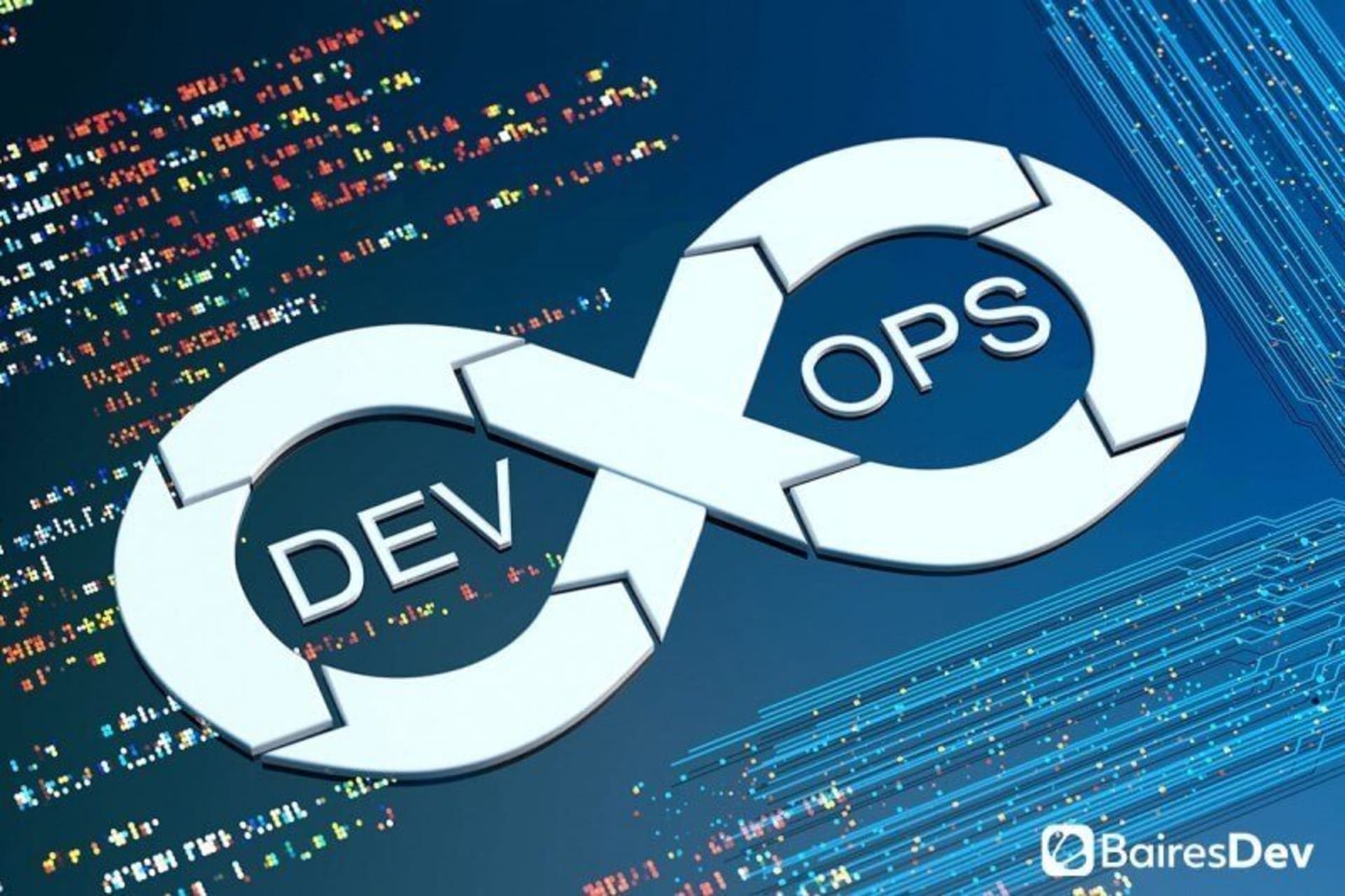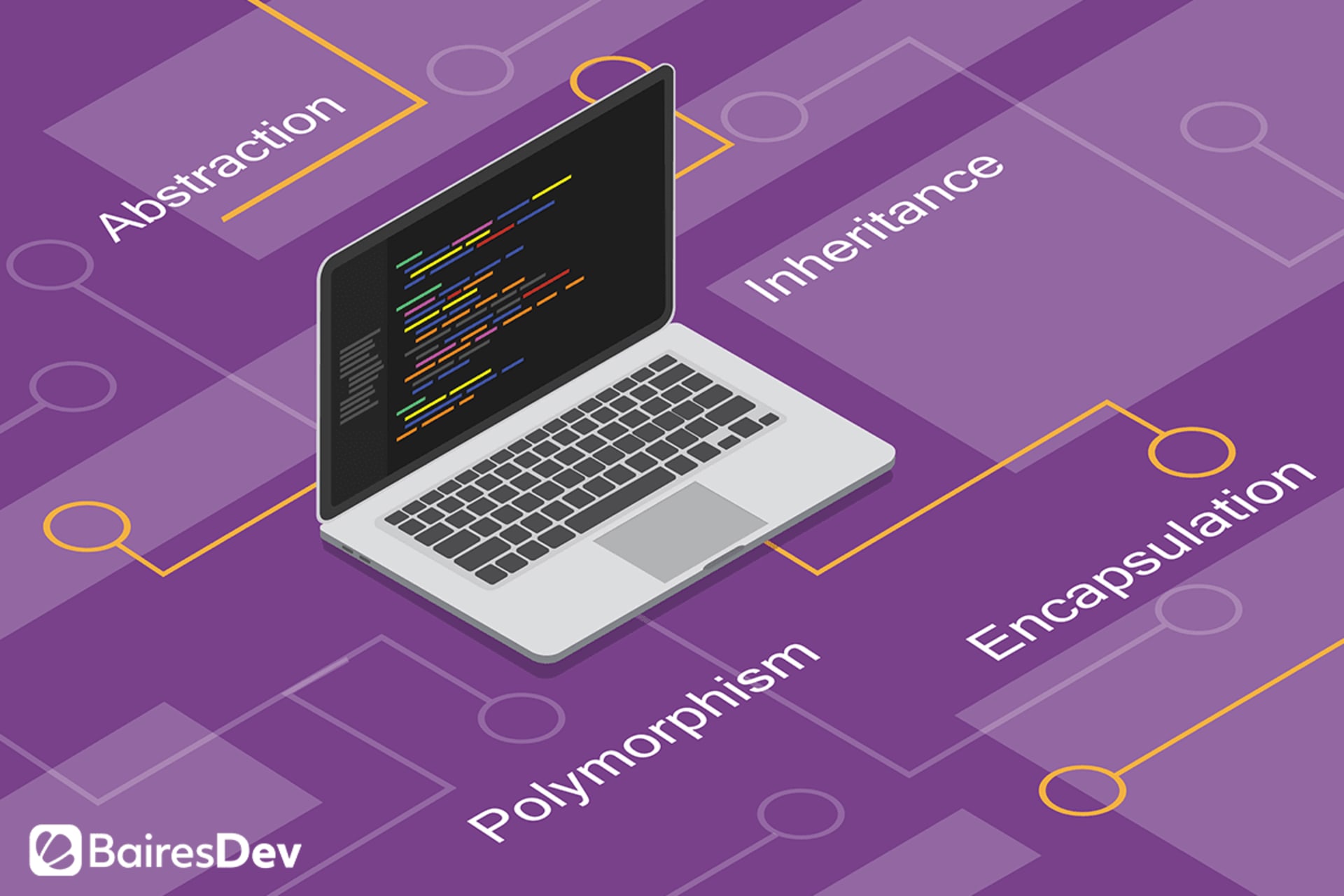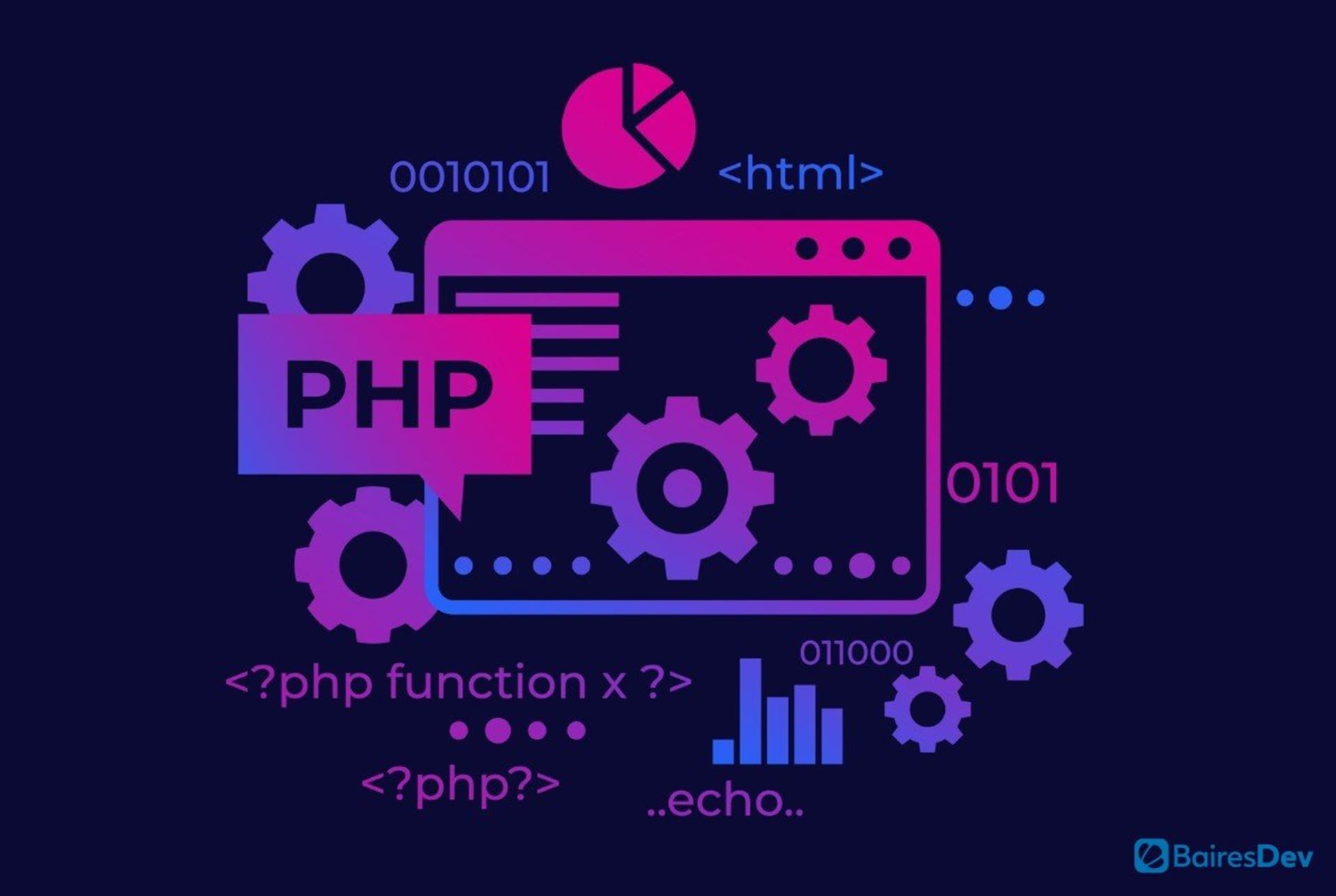Finding the perfect DevOps Engineer for your project can be one of the most daunting aspects of development. The expected pay rate of the engineer, their experience, and the skills needed for your project are 3 of the aspects that you have to keep in mind when searching, and the balance can be so difficult at times that you might end up wondering if it’s just better to just give up and carry on with the project.
That, of course, isn’t an option. Having an expert create and manage the CD/CI pipeline can be the difference between a team that can deliver projects in record time and another that can hardly finish a single one, let alone meet their deadlines.
If you feel lost, keep on reading. In this article we will explore some of the best practices for hiring DevOps engineers as well as some of the pitfalls that many recruiters fall into, hampering their recruitment process.
Why do you need a DevOps Engineer?
At the core of any recruitment lies a core question: what are you looking to fulfill with that position? Understanding the complexities of your project and the issues they raise is fundamental to finding the right person for the job. In that light, it’s important to understand what a DevOps engineer is and why you need one.
DevOps isn’t a single set of skills, nor is it a profession that can be summarized with a college degree. Some companies require a DevOps Engineer with a strong background in a specific language, while other companies who want to focus on deployment might be better served by a DevOps with a profound understanding of web technologies such as AWS or Azure.
If you are looking for a DevOps specialist, that means that you are thinking about CI/CD (Continuous Integration and development), so you want someone who can oversee your pipeline and speed up the process between development and deployment.
The key here is figuring out how that can be accomplished. Do you need to design a full CD/CI cycle? Do you already have a good cycle in place and just need someone with management experience to make it work? Or do you want someone who can integrate new technologies?
See what we are saying here? No two DevOps are alike, so you need to start your search from a clear picture of what you want out of your DevOps Engineer.
The 4 competencies of a DevOps Engineer
There is a core set of competencies that almost every team expects from a DevOps engineer. When screening your candidates look for signs that they have at least a basic understanding of the following skills:
- Application and Infrastructure planning and development: To ensure continuous development, a DevOps specialist has to scale projects on the fly, making changes as new demands arise. For that reason, they need to be able to quickly write code in a few different languages (which ones depend on the nature of the project) or at least understand the changes that need to be done to the code.
Also, scalability has to go hand in hand with planning. This involves understanding the consequences of changes down the line as well as the ability to plan big-scale integrations across many systems.
- Automation: Nothing is more efficient than technology, and if there is a core competency for a DevOps Engineer to have is the ability to automate processes. In other words, they should be able to design and implement easily modifiable automation technologies that can be rapidly deployed or changed as the company adopts new strategies.
- Monitoring: Decision-making is only as good as the data used to make those decisions, which is why DevOps engineers have to constantly monitor their applications and their infrastructure to detect issues and troubleshoot them whenever possible.
- Security management: Developing safe code and infrastructures is fundamental for the long-term success of a project. Thus, DevOps engineers are in charge of making sure that their data is safe from intrusions as well as having the skills to detect potential security risks and patching them in record time.
A DevOps Engineer Vs. a DevOps Team
The 4 core competencies are as broad as they come, and they don’t even scratch the surface of the skills DevOps engineers might need. We can safely add to that list project management, communications skills, understanding of agile and waterfall methodologies, and familiarity of common tools in the industry.
If it seems like a lot it’s because it is, which is why companies have to decide if the project is best suited for a lone engineer or if they are going to need a whole team. Hire few experts and you overburden your workforce, hire too many and you’ll end up with a workforce with little to do.
It might be a tricky balance to find, especially if this is your first time looking for DevOps engineers. Fortunately, you can always ask a consultant if you are unsure of the workload involved. You can also scale the team up as time passes.
If you are already working with a DevOps team or building one from scratch, always try to find common ground between candidates. Teams work better when they share knowledge in specific methodologies and technologies.
Having said that, a diverse crew also has a lot to offer. For example, having several people with different backgrounds in computer languages leads to more tools and a bigger knowledge pool when writing code.
Get help from an expert
It goes without saying, but if you are a startup or you are unsure of what kind of DevOps engineer you are looking for, then you should consider outsourcing your recruitment process to a dedicated company.
An expert recruiter will help you build a profile for the role you are trying to fill, and most of them already have access to a pool of specialists to cross-reference and help you find the right candidate in record time.
Many companies have incorporated artificial intelligence into their recruitment process, using deep learning to find keywords and skillsets in candidate resumes that have a high probability of job success. In essence, it means that you can offload the tedious process of screening, get a faster result, and focus on other aspects of your project.
A DevOps Engineer is a position that arose from the need for speedier deployment and continuous development, but if your candidate doesn’t have the required skillset for your project it will have the opposite effect, creating barriers and delays in a project that should be smooth sailing. Be sure to follow the suggestions in this article to prevent that from happening to you!
If you enjoyed this, be sure to check out our other DevOps articles.






